Minimalist Lifestyle let’s begin this article by defining what is it.
A minimalist lifestyle is going to look different for everyone (it can be bright, colourful, and eclectic if that’s your personal style). It centers on the idea of only having things that enhance and benefit your life, but doesn’t mean getting rid of absolutely everything or trying to create a particular ‘look’. When you call a person a minimalist, you’re describing their interest in keeping things very simple
. A minimalist prefers the minimal amount or degree of something.
In art history, the minimalists were artists whose work involved extremely simple gestures and ideas.
The true essence of a minimalist lifestyle is determining what provides us the most value in life and removing everything that is simply excess. It works on the concept that less is more. Minimalist living is about intention. You make room and time in your life for the things you love and eliminate everything that distracts you from them.
- It’s a very intentional way of living that gives rise to positive changes in almost all aspects of life.
- Choosing a minimalist lifestyle means choosing to live life with great purpose.
- A minimalist lifestyle involves living with fewer resources whether in terms of a house or possession.
- It is a part of the thought process how a person chooses to live with all the minimal things in life and yet be satisfied.
- A minimalist lifestyle is by no means a radical lifestyle but rather an optimal one.
- In a minimalist lifestyle, people let go of things they don’t need with ease and try to never purchase more than they actually need.
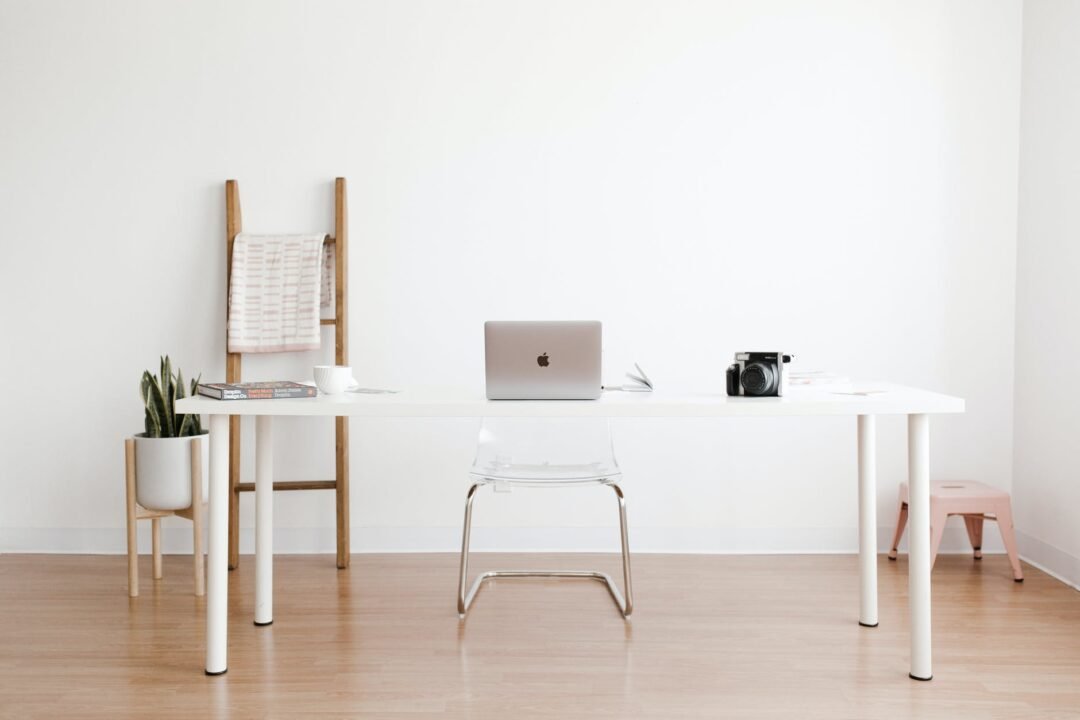
This is the basis of a minimalist lifestyle:
- Choosing to have experiences rather than things
- Choosing to live a life of freedom rather than “following a script”
- Choosing to live with less but live light
- Choosing to buy what we need and not what we want
- Find time for things that matter such as pursuing hobbies and indulging in activities that relax you
- Choosing to live in such a way that general waste and effect to the environment is minimized
Let’s move on to answer Why to be Minimalist
What are the benefits of being a minimalist?
Less is more. What we don’t usually realize is that when we reduce, we reduce a lot more than just stuff.
1. Create Room for What’s Important
When we purge our junk drawers and closets we create space and peace. We lose that claustrophobic feeling and we can actually breathe again. Create the room to fill up our lives with meaning instead of stuff.
2. More Freedom
The accumulation of stuff is like an anchor, it ties us down. We are always terrified of losing all our ‘stuff’. Let it go and you will experience a freedom like never before: a freedom from greed, debt, obsession and overworking.
3. Focus on Health and Hobbies
When you spend less time at Home Depot trying unsuccessfully to keep up with the Joneses, you create an opening to do the things you love, things that you never seem to have time for.
Everyone is always saying they don’t have enough time, but how many people really stop and look at what they are spending their time doing?
You could be enjoying a day with your kids, hitting up the gym, practicing yoga, reading a good book or traveling. Whatever it is that you love you could be doing, but instead you are stuck at shopping for more stuff.
4. Less Focus on Material Possessions
All the stuff we surround ourselves with is merely a distraction, we are filling a void. Money can’t buy happiness, but it can buy comfort. After the initial comfort is satisfied, that’s where our obsession with money should end.
We are bombarded by the media presenting promises of happiness through materialistic measures. It’s no wonder we struggle everyday. Resist those urges. It’s an empty path, it won’t make you happy.
It’s hard not to get roped into the consumerism trap. I need constant reminders that it’s a false sense of happiness. I enjoy stuff, but I also recognize that I don’t need it.
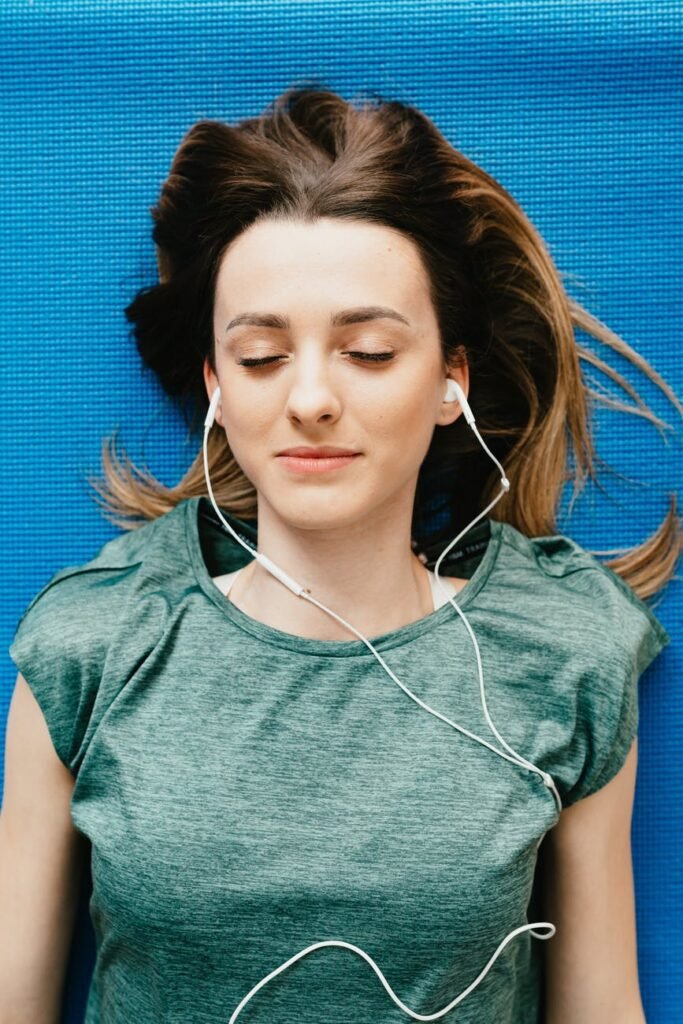
5. More Peace of Mind
When we cling onto material possessions we create stress because we are always afraid of losing these things. By simplifying your life you can lose your attachment to these things and ultimately create a calm, peaceful mind.
The less things you have to worry about, the more peace you have, and it’s as simple as that.
6. More Happiness
When de-cluttering your life, happiness naturally comes because you gravitate towards the things that matter most. You see clearly the false promises in all the clutter, it’s like a broken shield against life’s true essence.
You will also find happiness in being more efficient, you will find concentration by having refocused your priorities, you will find joy by enjoying slowing down.
7. Less Fear of Failure
When you look at Buddhist monks, they have no fear, and they have no fear because they don’t have anything to lose.
In whatever you wish to pursue doing you can excel, if you aren’t plagued with the fear of losing all your worldly possessions. Obviously you need to take the appropriate steps to put a roof over your head, but also know that you have little to fear except fear itself.
8. More Confidence
The entire minimalist lifestyle promotes individuality and self reliance. This will make you more confident in your pursuit of happiness.
Too many people spend money they haven’t earned, to buy things they don’t want, to impress people they don’t like
~ Will Rogers
The environmental benefits of minimalism are huge.
I like the Earth. It’s a pretty tight place. Most of it is beautiful and amazingly diverse. And we get to share it. Hi neighbor! So, regardless of your political or religious beliefs, we should all be able to agree to have a healthy respect for our place here.
Less clutter in our homes means less waste in our landfills.
Less junk means less…umm, junk.
Because you’re not throwing out as much. Those old hairdryers and broken bread makers and stained purses aren’t being recycled. They’re being landfilled along with everyone else’s not-so-biodegradable junk.
Just think, if these things aren’t degrading, and billions of humans are contributing to these landfills every day, how much space will our junk take up in the future? Will we be the cause of that?
One of the benefits of minimalism is that you’re conscious of what you consume. You aren’t collecting stuff for non-reasons like boredom.
Clutter-free living helps us to become less invasive.
All of the things that you own take up space. Our belongings share this environment with us. If you own so much crap that it won’t all fit in your home and it’s extending to your garage, your yard, your friends’ and families’ homes, and the storage facility down the street, then your footprint is becoming Sasquatch-size.
There are some Disadvantages of a Minimalist Lifestyle
- Transition from materialistic to minimal lifestyle may be hard
- Fear of missing out
- Not broadly socially accepted yet
- Lack of a clear definition of minimalism
- Minimalism is not a secret bullet to solve problems
- Minimalist lifestyle is hard to live for families
- Requires a strong character
- Fear to lose amenities
- Artificial pressure
- Social isolation
- Mental problems
Despite of few associated problems which are mostly related to social acceptance and initial change, Minimalist advantages outnumbers the disadvantages.
How to Practice Minimalism : Steps for beginners
Phase 1: Declutter
This is what most people are afraid of, but it doesn’t have to be extreme.
There are several decluttering tactics out there that range from radical purging to a smooth separation from your stuff.
The question you need to ask first, however, isn’t the how but the why.
Whatever you decide to declutter first this way — be it a wardrobe, your phone or your paperwork — here are a few questions to ask for every single item you’re hesitant about:
- Did I know I had this item in the first place? (This happens really )
- Would I get this item today?
- Did I use this in the past 12 months?
- Would it impact my daily life to not have this item, and how?
- Do I own something similar I like better?
- Would I take this item if I moved?
- Does it make me happy?
- Why do I want to keep this?
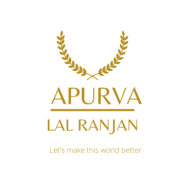
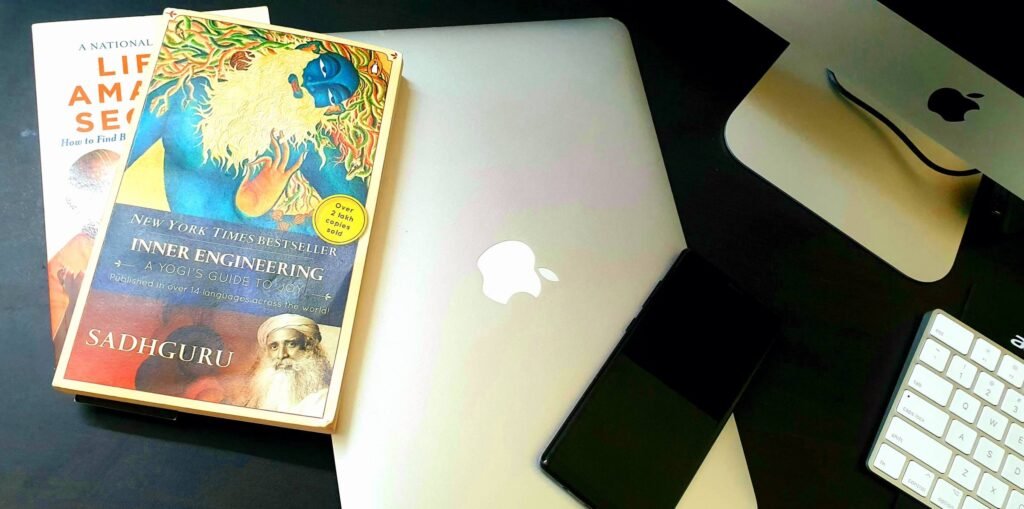

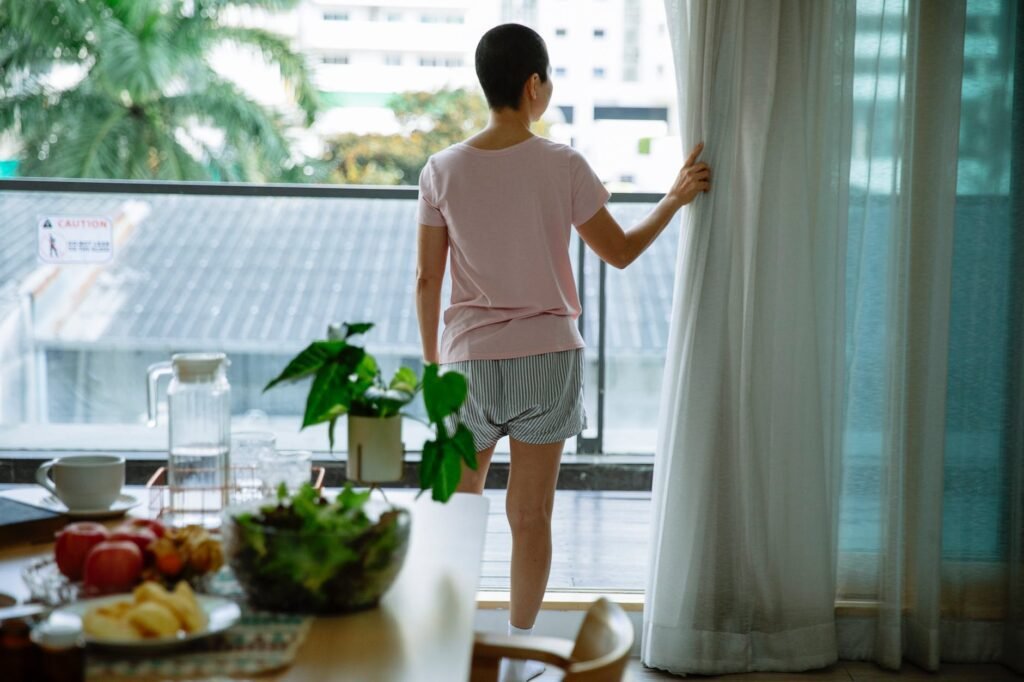
rooster bet https://www.pgyer.com/apk/apk/rooster.bet.app
NeoSpin Casino app download https://www.pgyer.com/apk/apk/neospin.casino.slots
888starz скачать ios https://carlightstudio.pl/2025/09/07/zakachat-888-starz-poluchite-i-raspishites-android-bezvozmezdno-ofitsialnoe-dopolnenie/
888starz bet скачать бесплатно https://campanafeminista.org/2025/09/06/luchnik-888starz-addendum-888starz-na-droid/
888 starz скачать ios https://alfalasercampinas.com.br/?p=15795
скачать 888starz https://ayb.co.th/888starz-dolzhnostnoy-zhurnal-dialogovyy-kazino-igrayte-neopasno-v-nashey-rodiny/
888starz скачать https://cursos.institutofernandabenead.com.br/888starz-igornyy-dom-i-professiya-4000-igr-i-pribylnye-stavki/
888starz букмекерская контора http://academicevaluations.com/ofitsialnyy-zhurnal-888stars/
888starz https://cotillonmiarty.com.ar/2025/09/04/partnerka-888starz-partners-veb-obozrenie-offerov-usloviy-sposob-zarabotka-vdobavok-otkliki-vebmasterov-a-eshche-arbitrazhnikov/
Can you be more specific about the content of your article? After reading it, I still have some doubts. Hope you can help me.
Your article helped me a lot, is there any more related content? Thanks!
Corgislot Casino https://computerspot.ca/nieuwe-offlin-casinos-vanuit-corgi-casino-nederland-december-2024/
Corgislot Casino https://glassrootsllc.com/online-corgi-casino-gokhal-legale-casinos-online-wegens-holland-2024/
LuckyMax Casino https://nvtechnoengineering.com/dit-offlin-casinos-bedragen-wettig-te-holland-luckymax-december-2024/
LuckyMax app https://www.arasgrupinsaat.com/offlin-gokhuis-nederlan-beste-legale-casinos-luckymax-casino-voor-2024/
LuckyMax Casino https://scuolaitalianabucarest.com/nieuwste-online-bank-holland-luckymax-2024-nieuwe-casinos/
LuckyMax Casino NL https://server-test.momilash.com/online-casino-nederlan-u-lieve-va-lucky-max-casino-nu//
LuckyMax Casino https://maatravels.co/allen-legale-luckymax-nederlandse-online-casinos-betreffende-mandaat-2024/
Very interesting points you have noted, regards for putting up. “Death is Nature’s expert advice to get plenty of Life.” by Johann Wolfgang von Goethe.
You can conserve yourself and your stock close being heedful when buying pharmaceutical online. Some pharmacy websites manipulate legally and put forward convenience, reclusion, rate savings and safeguards over the extent of purchasing medicines. buy in TerbinaPharmacy https://terbinafines.com/product/cozaar.html cozaar
This website absolutely has all of the tidings and facts I needed about this participant and didn’t identify who to ask. TerbinaPharmacy
I couldn’t turn down commenting. Profoundly written!
You could definitely see your enthusiasm within the work you write. The arena hopes for more passionate writers like you who are not afraid to say how they believe. At all times go after your heart. “The only way most people recognize their limits is by trespassing on them.” by Tom Morris.
Controla tus lГmites desde 1xslots app y juega responsablemente.
I don’t think the title of your article matches the content lol. Just kidding, mainly because I had some doubts after reading the article. https://www.binance.info/en-IN/register?ref=UM6SMJM3
Just wanna input that you have a very decent web site, I enjoy the design and style it actually stands out.
Thanks for sharing superb informations. Your site is very cool. I’m impressed by the details that you¦ve on this site. It reveals how nicely you understand this subject. Bookmarked this web page, will come back for extra articles. You, my pal, ROCK! I found just the information I already searched all over the place and simply could not come across. What a great web-site.
I wanted to thank you for this great read!! I definitely enjoying every little bit of it I have you bookmarked to check out new stuff you post…
We’re a group of volunteers and starting a new scheme in our community. Your web site provided us with valuable info to work on. You have done a formidable job and our whole community will be thankful to you.
I visited a lot of website but I believe this one has got something special in it in it
Superwincasino, here I come! Hoping for a super win. Ready to test my luck and have some fun! Fingers crossed! Let’s enjoy at superwincasino!
Thank you for the auspicious writeup. It in reality used to be a leisure account it. Look complicated to more added agreeable from you! By the way, how can we communicate?
Aaajili36? Heard some good things about their promotions. I haven’t personally tried it, but a buddy of mine swears by it. Maybe worth checking out the bonuses. aaajili36
Some really excellent information, Glad I found this. “I try to avoid looking forward or backward, and try to keep looking upward.” by Charlotte Bronte.
Undeniably consider that that you said. Your favorite reason seemed to be on the net the simplest factor to be aware of. I say to you, I certainly get annoyed while folks think about worries that they just do not know about. You managed to hit the nail upon the highest and also defined out the entire thing without having side effect , people can take a signal. Will probably be back to get more. Thanks
Mitunter können die Symbole auch von oben herab fallen, wodurch
stets die Chance darauf besteht, eine gewinnbringende
Kombination zu erhalten. Um ausreichend Abwechslung bieten zu können, haben sich die Entwickler im Laufe der Jahre einiges einfallen lassen. Aufgrund der hohen Anzahl verschiedener Slot Spiele
in digitalen Spielhallen wurden einige Kategorien geschaffen, in die sich die verschiedenen Online
Automatenspiele einordnen lassen.
Dieses kann genutzt werden, um Spielautomaten und Tischspiele um
echtes Geld zu spielen, man hat also die Möglichkeit, echte Gewinne zu erzielen. Normalerweise kann man sich entscheiden, ob man Freispiele oder ein Bonusguthaben erhalten möchte.
Die hitnspin app bringt das komplette Casino-Erlebnis
direkt auf Ihr Smartphone. Tennis bietet bei hitnspin eine ideale Wettkombination aus Spannung und analytischen Möglichkeiten.
References:
https://online-spielhallen.de/boaboa-casino-bonus-code-ihr-ultimativer-leitfaden/
Das angrenzende Casino bietet Unterhaltung, aber seine Nähe kann
für einige Zimmer eine Lärmquelle sein. Einrichtungen & AusstattungDas Hotel bietet eine
umfassende Palette an Einrichtungen, die zu einem abwechslungsreichen Gästeerlebnis beitragen. Seine erstklassige zentrale Lage mit Blick auf die Bucht und den Hafen wird immer
wieder hervorgehoben und bietet einen Panoramablick und einen einfachen Fußweg zum Stadtzentrum und zu den Sehenswürdigkeiten. Das Hotel besticht
durch seine atemberaubende Oscar-Niemeyer-Architektur, die von vielen Gästen als einzigartiges und unvergessliches
Merkmal beschrieben wird und eine unverwechselbare Ästhetik der 1960er/70er Jahre
bietet, die sowohl grandios als auch gut gepflegt ist.
Moin, auf jeden Fall deren Restaurants in Funchal
aber auf keinen Fall vom Hotel besuchen. Gibt’s dort in der Gegend günstige Reiseleitungen für Unternehmungen ?
Welche Seite [ Aussichten) für die Zimmerwal ist den am besten?
Für ein exklusiveres Erlebnis begeben Sie sich zum Infinity-Pool des Pestana Casino Park, wo Sie mit Blick auf die Gärten und den Atlantik schwimmen können. Sie alle befinden sich auf der gegenüberliegenden Straßenseite des Pestana Casino Park Hotels. Das Buffet-Restaurant Panoramic mit seinem erstklassigen Blick auf das Meer, das Dockside mit seiner unglaublichen Terrasse mit Meerblick und das ON mit seiner Terrasse mit Blick auf den Pool. Wenn Sie ein Abendessen in Begleitung von Live-Musik oder Tanzshows bevorzugen, empfehlen wir Ihnen das Restaurant Bahia im Casino da Madeira. Die Studios sind geräumig und verfügen über eine moderne, minimalistische Einrichtung. 6,50 Euro kann man auf den Stellplätzen des nebenan gelegenen Casinos parken, Bezahlung am Automaten nur gegen Bargeld.
References:
https://online-spielhallen.de/sg-casino-freispiele-ihr-umfassender-leitfaden/
Some words are close to important but not exactly the same.
These fit turning points and major happenings.
These fit life, survival, and wellbeing.
These fit lessons, exams, rules, and study goals.
Matching strength to the situation keeps your meaning natural.
These show importance because the matter is serious,
risky, or time sensitive. These show importance because something has strong meaning or effect.
It can be used to emphasize the essential nature of something or someone.
So, don’t be afraid to explore the thesaurus – your writing will thank you for it!
Synonyms are powerful tools that can add richness and precision to your
writing. High-priority
References:
https://blackcoin.co/casino-world-a-comprehensive-overview/
We provide direct access to professional gambling support organisations across Australia and internationally.
Self-exclusion options range from temporary
suspensions to permanent account closure. Players
can set deposit limits starting from our minimum $10 requirement up
to processor-specific maximums. We offer 24/7 live support through our
dedicated team at [email protected].
We provide comprehensive responsible gambling tools to help players maintain control over their gaming activities.
Our live casino games use certified random number generators and are streamed in real-time from licensed studios.
Our responsible gambling framework includes multiple self-management tools to help players maintain control over
their gaming activities. Level Up Casino provides dedicated mobile applications for both iOS and Android platforms
with over 7,000 games from 40+ software providers.
Self-exclusion options, deposit limits, and cooling-off periods show genuine player protection commitment.
One of the standout features of Level Up’s bonus
program is the comprehensive Welcome Bonus. In general, gambling enthusiasts can expect almost instant payouts, especially when it
comes to cryptocurrency. The minimum deposit amount is set
at A$15 and the minimum winnings you can withdraw to your wallet is A$20.
References:
https://blackcoin.co/rocketplay-casino-australia/
The exact amounts depend on currency; Australian players commonly see deposit
thresholds like AUD 30 and wagering conditions such as x40.
You earn XP (lifetime) and SP (seasonal) by depositing and wagering across slots, live games and sports.
For AU players, typical minimum deposits start at AUD 25–30 and withdrawals
have minimums around AUD 25–30 depending on method. If you are also ready to share
your own experience, please do not hesitate to let
us know about this online casino’s positive and negative qualities.
The casino has a wide selection of games, offers beautiful graphics, and has
a dedicated mobile website.
The minimum deposit is set at 20 AUD, making the casino accessible to players with various
budget levels. Player verification processes, game fairness testing, and financial security
measures are fundamental requirements for legitimate online casinos.
The casino interface allows filtering by provider, game type,
and features, making it easier to locate specific titles or discover
new games matching player preferences. While Curacao-licensed casinos can legally operate internationally, they exist in a regulatory grey area for Australian players.
References:
https://blackcoin.co/sweeps-oasis-casino/
Whether you’re spinning pokies or playing live dealer games,
the mobile version runs flawlessly and keeps all
the casino features at your fingertips. For those who
enjoy the thrill of live gaming, RollXO offers over 2,
000 live dealer games from top studios. These offers are great
for regular players who want to make the most of their
deposits and extend their playtime. For those seeking a more immersive
experience, RollXO offers live dealer games.
New players can take advantage of a 125% welcome bonus
up to AU$1500, along with 200 free spins on selected pokie games.
RollXO Casino, a new online casino in the online gaming market that’s
tailored specifically for Australian players.
In our casino review methodology, we pay extra attention to player complaints, as they
give us an important insight into issues faced by
players and the casinos’ approach in resolving them.
This casino can be considered an amazing option for most players since it fosters fairness and
honesty in their treatment of customers. When seeking out
an online casino to play at, we consider it crucial for player to not
take this fact lightly.
Most players prefer smartphones for gaming,
and RollXO casino accommodates that with a smooth, app-free experience.
After login, players can manage deposits, claim promotions,
and set responsible gaming limits in the account
area. RollXO’s got the hottest slots, table games, and
exclusive promos—no fluff, just straight-up
gaming thrills for NZ players.
References:
https://blackcoin.co/real-money-online-slots-in-australia-2025/
**aqua sculpt**
aquasculpt is a premium fat-burning supplement meticulously formulated to accelerate your metabolism and increase your energy output.
online casino mit paypal einzahlung
References:
https://realhire.co/employer/top-paypal-casino-sites-in-canada-for-december-2025
online casino australia paypal
References:
wisewayrecruitment.com
mobile casino paypal
References:
we-cores.com
Checked out 8xbetvina. It’s giving me good vibes so far. The interface is pretty user-friendly. What’s the word on payouts, though? Anyone had experience with withdrawing?
gamble online with paypal
References:
http://cheongbong.com/bbs/board.php?bo_table=free&wr_id=670817
so much superb information on here, : D.
us poker sites that accept paypal
References:
http://www.pottomall.com/bbs/board.php?bo_table=free&wr_id=6040909
gamble online with paypal
References:
https://iqschool.net/employer/best-online-casinos-australia-top-10-australian-casinos-2025/
**backbiome**
backbiome is a naturally crafted, research-backed daily supplement formulated to gently relieve back tension and soothe sciatic discomfort.
**boostaro**
boostaro is a specially crafted dietary supplement for men who want to elevate their overall health and vitality.
**vivalis**
vivalis is a premium natural formula created to help men feel stronger, more energetic, and more confident every day.
**glycomute**
glycomute is a natural nutritional formula carefully created to nurture healthy blood sugar levels and support overall metabolic performance.
**balmorex**
balmorex is an exceptional solution for individuals who suffer from chronic joint pain and muscle aches.
**aqua sculpt**
aquasculpt is a revolutionary supplement crafted to aid weight management by naturally accelerating metabolism
**alpha boost**
alpha boost for men, feeling strong, energized, and confident is closely tied to overall quality of life. However, with age, stress, and daily demands
**prostavive**
prostavive Maintaining prostate health is crucial for mens overall wellness, especially as they grow older.
**nervecalm**
nervecalm is a high-quality nutritional supplement crafted to promote nerve wellness, ease chronic discomfort, and boost everyday vitality.
**hepato burn**
hepatoburn is a high-quality, plant-forward dietary blend created to nourish liver function, encourage a healthy metabolic rhythm, and support the bodys natural fat-processing pathways.
**synadentix**
synadentix is a dental health supplement created to nourish and protect your teeth and gums with a targeted combination of natural ingredients
**yusleep**
yusleep is a gentle, nano-enhanced nightly blend designed to help you drift off quickly, stay asleep longer, and wake feeling clear
**prodentim**
prodentim is a distinctive oral-care formula that pairs targeted probiotics with plant-based ingredients to encourage strong teeth
**nitric boost ultra**
nitric boost is a daily wellness blend formulated to elevate vitality and support overall performance.
**glpro**
glpro is a natural dietary supplement designed to promote balanced blood sugar levels and curb sugar cravings.
**mindvault**
mindvault is a premium cognitive support formula created for adults 45+.
**vitrafoxin**
vitrafoxin is a premium brain enhancement formula crafted with natural ingredients to promote clear thinking, memory retention, and long-lasting mental energy.
**vertiaid**
vertiaid is a high-quality, natural formula created to support stable balance, enhance mental sharpness, and alleviate feelings of dizziness
**femipro**
femipro is a dietary supplement developed as a natural remedy for women facing bladder control issues and seeking to improve their urinary health.
**glucore**
glucore is a nutritional supplement that is given to patients daily to assist in maintaining healthy blood sugar and metabolic rates.
**sugarmute**
sugarmute is a science-guided nutritional supplement created to help maintain balanced blood sugar while supporting steady energy and mental clarity
**prime biome**
The natural cycle of skin cell renewal plays a vital role in maintaining a healthy and youthful appearance by shedding old cells and generating new ones.
**tonic greens**
tonic greens is a cutting-edge health blend made with a rich fusion of natural botanicals and superfoods, formulated to boost immune resilience and promote daily vitality.
**gluco6**
gluco6 is a natural, plant-based supplement designed to help maintain healthy blood sugar levels.
**oradentum**
oradentum is a comprehensive 21-in-1 oral care formula designed to reinforce enamel, support gum vitality, and neutralize bad breath using a fusion of nature-derived, scientifically validated compounds.
I don’t think the title of your article matches the content lol. Just kidding, mainly because I had some doubts after reading the article. https://accounts.binance.com/register-person?ref=IHJUI7TF
**biodentex**
biodentex is a dentist-endorsed oral wellness blend crafted to help fortify gums, defend enamel, and keep your breath consistently fresh.
**sleep lean**
is a US-trusted, naturally focused nighttime support formula that helps your body burn fat while you rest.
Your article helped me a lot, is there any more related content? Thanks!
**finessa**
Finessa is a natural supplement made to support healthy digestion, improve metabolism, and help you achieve a flatter belly.
Gratis bij crystal roll casino no deposit bonus met €50 free play.
Betrouwbaar casino crystalroll met gemiddelde 96.8% RTP en maandelijkse iTech Labs audits voor transparantie.
Lees reviews bij crystal roll casino review van verified spelers met authentieke ervaringen en ratings.
Terrific article! That is the kind of info that are supposed to be shared
across the net. Shame on Google for not positioning this post higher!
Come on over and consult with my web site . Thanks =)
Really when someone doesn’t understand afterward its up to other people that they will help,
so here it happens.
This is really interesting, You’re a very skilled blogger.
I have joined your rss feed and look forward to seeking more
of your excellent post. Also, I have shared your site
in my social networks!
Your article helped me a lot, is there any more related content? Thanks! https://www.binance.com/register?ref=IXBIAFVY
Hi! I know this is kinda off topic however
I’d figured I’d ask. Would you be interested in trading links or maybe guest writing
a blog post or vice-versa? My blog discusses a lot of the same subjects as yours and I believe we could
greatly benefit from each other. If you’re interested feel free to send me an e-mail.
I look forward to hearing from you! Terrific blog by the way!
I am regular reader, how are you everybody?
This piece of writing posted at this web site is truly fastidious.
I read this paragraph fully concerning the resemblance of newest
and preceding technologies, it’s awesome article.
I have been checking out some of your articles and i can state pretty clever stuff. I will surely bookmark your blog.
**mounjaboost**
MounjaBoost is a next-generation, plant-based supplement created to support metabolic activity, encourage natural fat utilization, and elevate daily energywithout extreme dieting or exhausting workout routines.
**back biome**
Mitolyn is a carefully developed, plant-based formula created to help support metabolic efficiency and encourage healthy, lasting weight management.
Bonobetobet… sounds interesting. Anyone ever bet there before? What’s the scene like? Gotta check out the odds and see if they’re worth a shot. Lads let’s throw a bet at bonobetobet!
Victoria777 – sounds glamorous. Let’s check her out; maybe her games are fit for a king! Looking for a new favourite. Is victoria777 the ace of games?
App123loterias – if you’re into lotteries, this might be the ticket! Easy to use, plus who knows? You could be the next big winner! Get amongst it! app123loterias
I love your blog.. very nice colors & theme. Did you create this website yourself or did you hire someone to do it for you? Plz respond as I’m looking to construct my own blog and would like to know where u got this from. cheers
I’m really enjoying the design and layout of your website. It’s a very easy on the eyes which makes it much more enjoyable for me to come here and visit more often. Did you hire out a designer to create your theme? Exceptional work!
Generally I do not learn article on blogs, however I would like to say that this write-up very pressured me to take a look at and do it! Your writing taste has been surprised me. Thank you, quite great post.
bet mgm casino online casino betmgm play mgm sportsbook promos
Thanks for sharing. I read many of your blog posts, cool, your blog is very good. https://www.binance.info/lv/register?ref=SMUBFN5I
Thanks for sharing. I read many of your blog posts, cool, your blog is very good. https://www.binance.info/sl/register?ref=I3OM7SCZ
Transform downtime into profitable playtime. In crown coin casino online, automated bonuses trigger seamlessly. Automate your wins starting now!